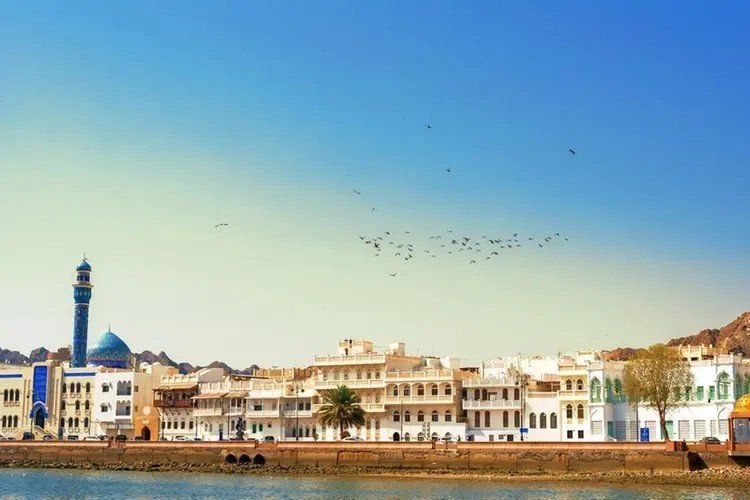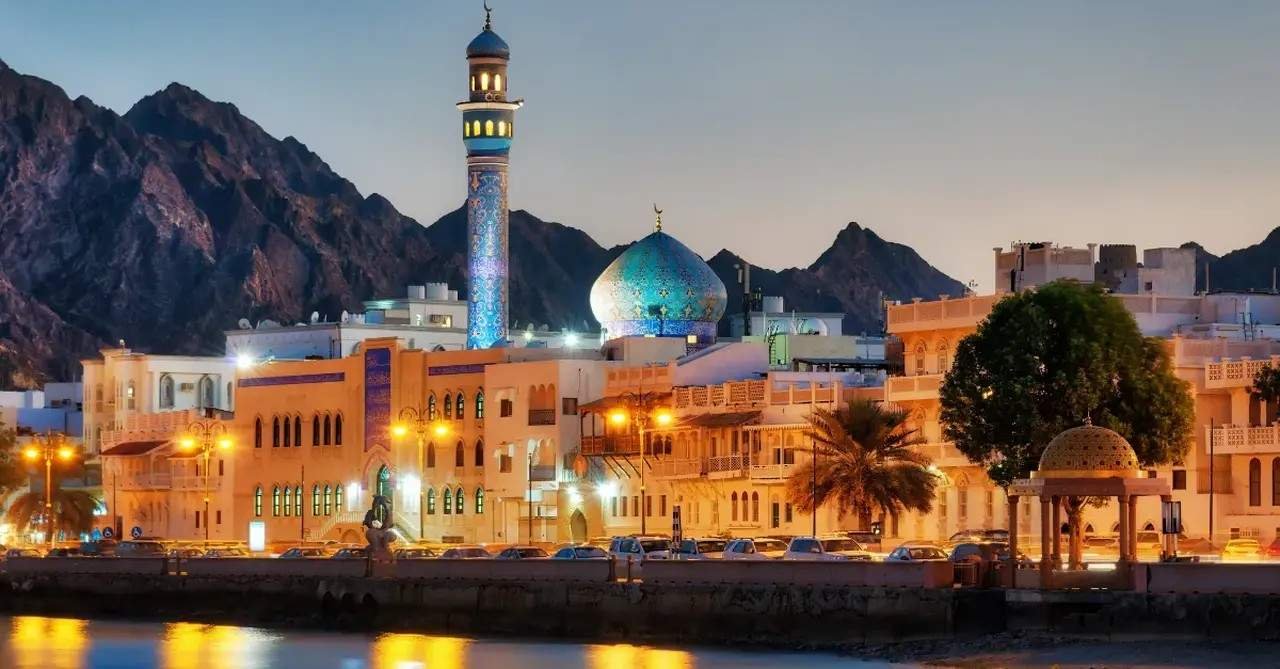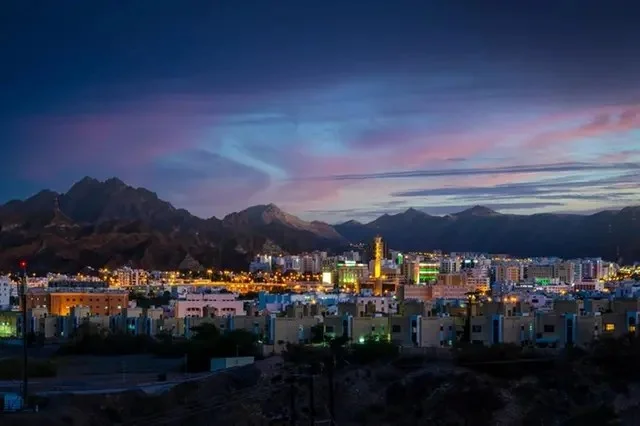In a strategic effort to support digital transformation in Dhofar Governorate, AWASR signed a Memorandum of Understanding (MoU) with the Dhofar Municipality on July 10 to jointly study and implement technology and service projects aimed at enhancing public service efficiency and quality of life.
The MoU was signed at Dhofar Municipality headquarters in Salalah by Dr. Ahmed Mohsen Al Ghassani, Chairman of Dhofar Municipality, and Eng. Adnan bin Mohammed Al Alawi, CEO of AWASR. The collaboration focuses on initiatives such as providing managed Wi-Fi services in tourist sites, public parks, and coastal promenades; connecting municipality buildings with high-performance networks; and exploring modern communication technologies and AI-based solutions to improve municipal operations.
A key aspect of the partnership is the rollout of free, managed public Wi-Fi in strategic high-traffic areas, enhancing internet access for residents and visitors, enriching digital tourism, and promoting domestic tourism. The initiative also aims to establish a strong digital infrastructure to support innovative municipal services, educational content access, and integration with e-payment systems, geospatial services, and community awareness apps—laying the groundwork for a future smart city in Dhofar.
Dr. Ahmed Mohsen Al Ghassani highlighted the importance of this partnership in advancing municipal services and visitor experiences, aligning with Oman Vision 2040’s goals of smart infrastructure and balanced urban development. Eng. Adnan Al Alawi affirmed AWASR’s commitment to aiding government digital capabilities and building tech-enabled communities. AWASR’s Chief Commercial Officer, Eugen Comendant, emphasized the value of managed Wi-Fi in public spaces to improve user experience and foster interactive tourism and community engagement.
This MoU is part of AWASR’s broader initiatives supporting smart cities and expanding modern connectivity across Oman. AWASR is Oman’s first specialized high-speed internet provider, pioneering 1 Gbps services in 2017 and introducing 10 Gbps speeds in 2024, continually driving digital transformation nationwide.















